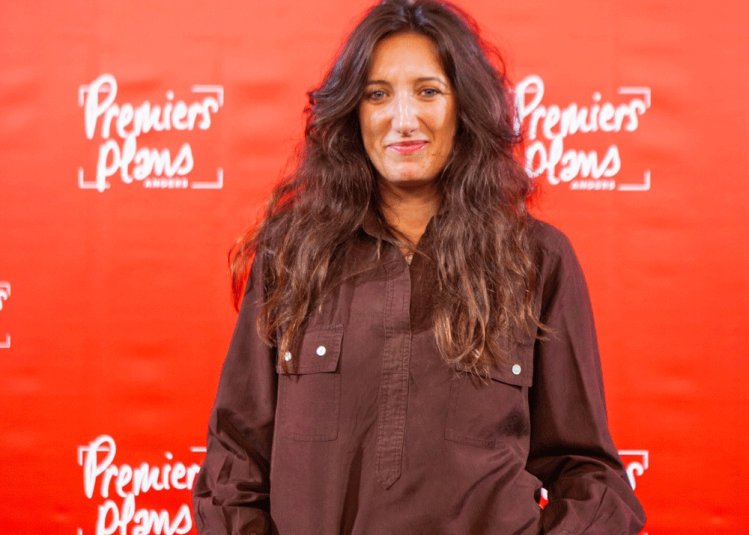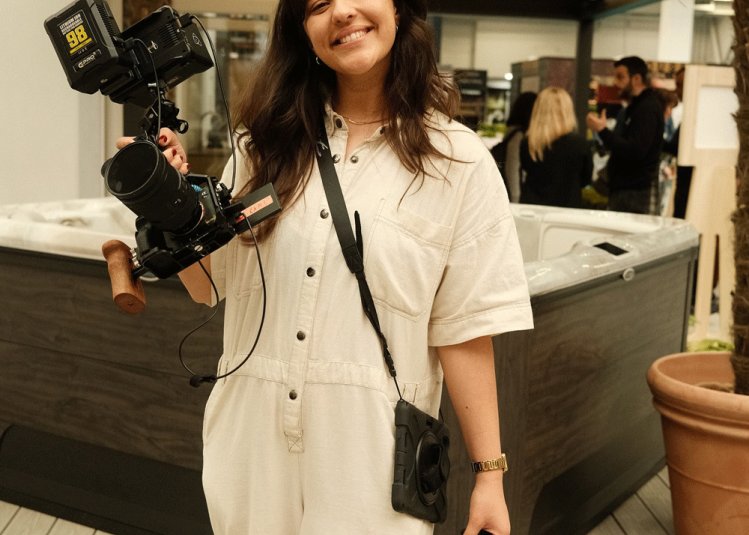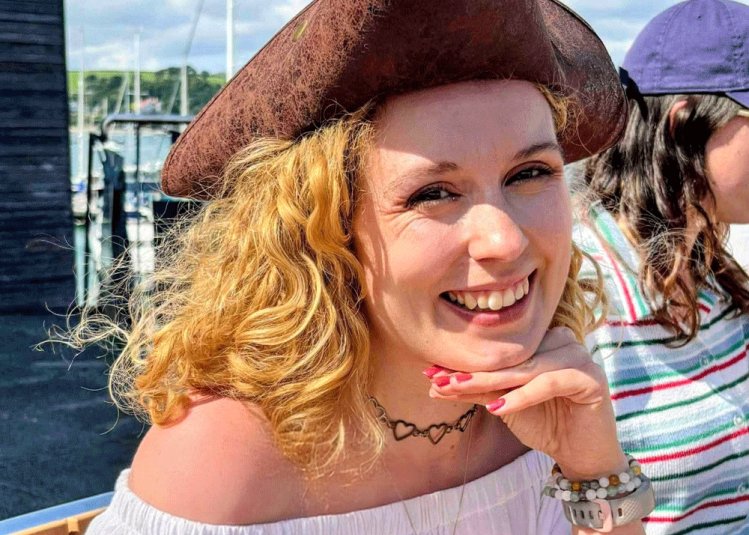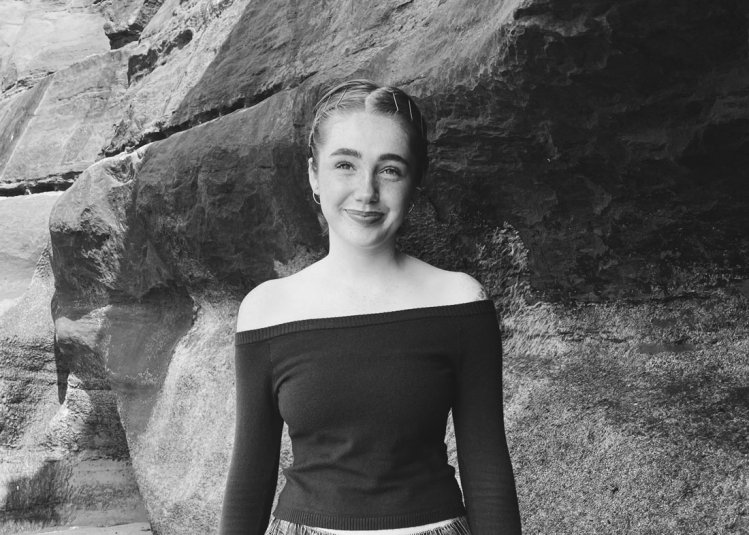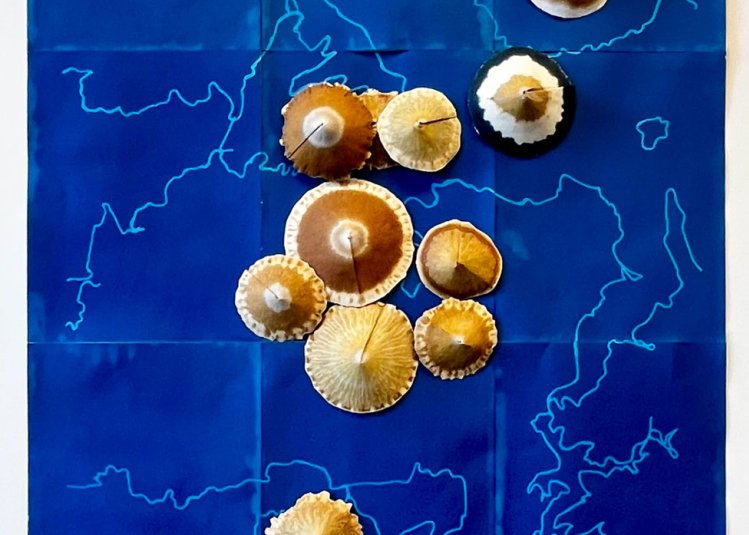How postgraduate study gave one mature student a new focus
22 July 2025
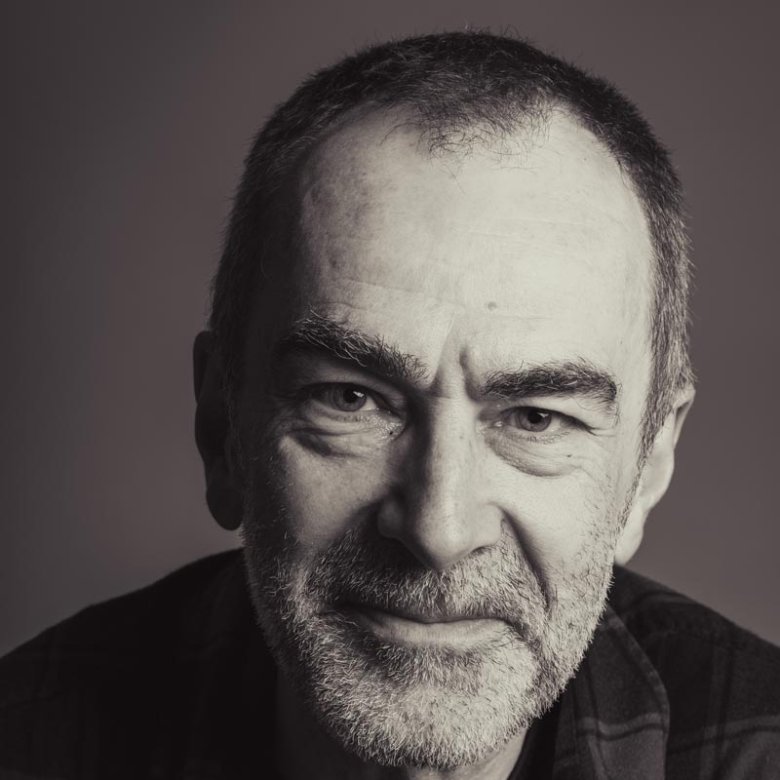
Image by Seamus Flanagan
After a 30-year career in IT and a technical education in engineering, Will Dickson took the decision to enrol on Falmouth University’s online MA in Photography. In this Q&A, Will shares how he overcame self-doubt, balanced study with work, and rediscovered his creative voice through returning to higher education. His journey offers inspiring insight for mature students considering a return to university.
Can you tell us a bit about yourself and your background before starting the MA in Photography at Falmouth?
I studied Engineering at university and stayed on for a doctorate after my bachelor’s degree – so I had a technical education, with no significant exposure to arts or creative subjects. That was 33 years before I joined the online Photography MA with Falmouth, and I spent all the intervening time working in various IT and technology roles.
What inspired you to return to university and pursue a master’s degree?
In 2017, six years before starting the MA, I started taking more interest in the creative aspects of photography. I loved photography but was in a rut, unsure how to move beyond “better” photographs and frustrated by the limited amount of time I could dedicate to it. I needed something to move me forwards and push me out of my comfort zone.
I had researched Falmouth’s Photography MA before – then learned a friend was taking the course and really enjoying it. She convinced me that it would be challenging but achievable; and that there was little chance of me staying in my comfort zone. That was enough to get me hooked.
Returning to study has been challenging but hugely rewarding. The Photography MA opened new possibilities and created new friendships and I would encourage anybody to consider it.
How did you find the balance between study and other commitments?
I had tried a short, 10-hours-a-week course before signing up to the MA. It was challenging to fit that in alongside full-time work, so it was clear that the 20+ hours per week needed for the MA meant that I would have to reduce my day-job hours.
I was lucky enough, financially and jobwise, to be able to work three days a week for the duration of the MA. This gave me the dedicated time I needed to get the most out of my studies.
What attracted you to Falmouth’s online MA in Photography, specifically?
The flexibility; Falmouth’s Photography MA is part-time and remote, and along with the personal recommendation I mentioned above, I was convinced that it was the right option to investigate further.
I was supported in the application process by the course team, and they gave me the confidence to take on the MA despite no formal arts education.
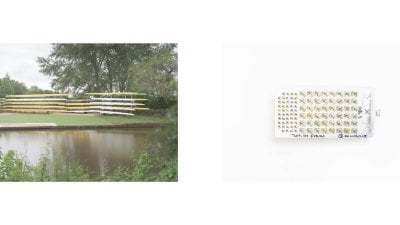
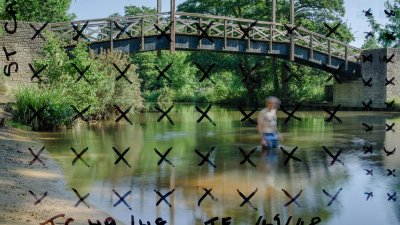
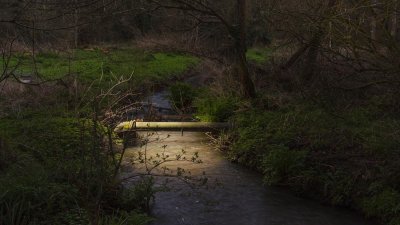
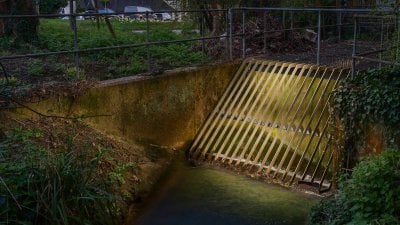
Did you feel supported and part of a community while studying online?
The first few weeks of the course were, as expected, an emotional roller-coaster, but it was comforting that all my cohort were going through the same feelings. The course structure, with three intakes each year, means that each cohort is relatively small. There were plenty of opportunities for peer support - the key thing was to be proactive in using them.
The tutors and lecturers were clearly experienced in dealing with the uncertainty that gripped most new students at some point, and this made the process of settling in much easier.
One of the most valuable aspects of the course was the opportunity for occasional in-person events, including a formal set of practical workshops in Falmouth once each year. This cemented the relationships that were established online, as well as bringing multiple cohorts together.
What has been the most rewarding aspect of your return to education?
Being repeatedly pushed out of my comfort zone and challenged by tutors or by course materials has increased my confidence, both in my photography and beyond. It was uncomfortable at the time but what I achieved for my personal practice was something I could never have done without the support and structure of the course.
Now I have finished the course and returned to my full-time IT job, I really miss the challenge of the course and the time I had to dedicate to creative work. As a cohort, we anticipated this loss of direction and several of us have formed a photographic collective, Lemon Sole Press, to maintain the momentum from the MA.
What would you say to someone in their 50s, 60s or beyond who is thinking about returning to university but feels unsure?
Returning to study has been challenging but hugely rewarding. The Photography MA opened new possibilities and created new friendships and I would encourage anybody to consider it. Simply having the time to work on my photography would not have been enough; without the MA programme I would not have encountered the same challenges, nor reaped the same rewards.
If you want to learn, are ready to make the time, to dedicate the emotional energy, to push through the uncertainty and doubt, and have the support of those around you, then studying a master's may be one of the best things you do.
External links
Lead image: © Seamus Flanagan
